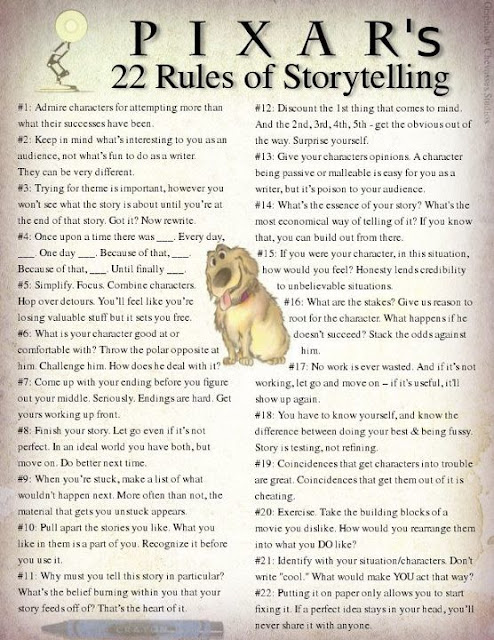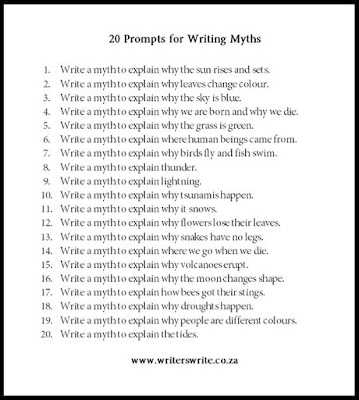Don’t make vague statements like “it’s good.” Rather than simply stating what you think, explain why. Think in terms of whether something “works” rather than in terms of “good” or “bad.”
Focus on strengths first, but don’t hide your constructive ideas about areas that could improve. Be sensitive but honest. The point is to help the writer consider ways to improve the work. Don’t be afraid to politely express your true reactions to the piece.
As you read each other's stories ask the text the following questions:
What is this story about?
What is the most important thing it is trying to say?
What works and what needs work?
How could the piece improve overall?
What aspects of the piece do you really like?
How did the piece affect you? What sort of impact does it have, if any?
Initial stage: Does the opening of the piece make you want to keep reading?
Setting: Is the setting apparent? Are there details about the time/ place/location? Does the setting play an important role?
Senses: Are you captivated by the writing in terms of senses/ does the writing make you taste, feel, see, smell, and hear in your imagination?
Language: Is the writing exciting? Strange? Too simple? Would you need a dictionary to understand what’s happening?
Predictability: Is the writing too predictable? Is it so unpredictable that it leaves too many loose ties at the end?
Distractions: Is there anything in the writing that takes away from its depth?
Dialogue: Does it blend well with the writing? Are the dialogue lines “normal” or too “forced”? Would you actually overhear people talking like that?
Characters: Are they well-developed? Can you imagine them being actual people?
Scenes and Scene Transitions: Can you tell when the scenes change? Can you keep track of the time//location throughout the story?
Pace: Are there parts of the story that are “too slow” and could perhaps be more exciting or cut? Is there too much action and not enough “thinking time” in the piece?
Believability: Are aspects of the story just too impossible?
Conflict(s): Is there an apparent issue in the story that is attended to and resolved?
Resolution: Does it appropriately tie up the issue? Is it too farfetched or cliched?
Be sensitive but honest. The point is to help the writer consider ways to improve the work. You may say something like
“The dialogue in the opening scene is an effective idea–I feel like it captures interest right off the bat–but it starts to get confusing towards the end of the opening scene...I’m not making all the connections between the characters’ lines...maybe the writer has those connections in his mind, but needs to give more direction to us readers so that we can make those same connections.”












